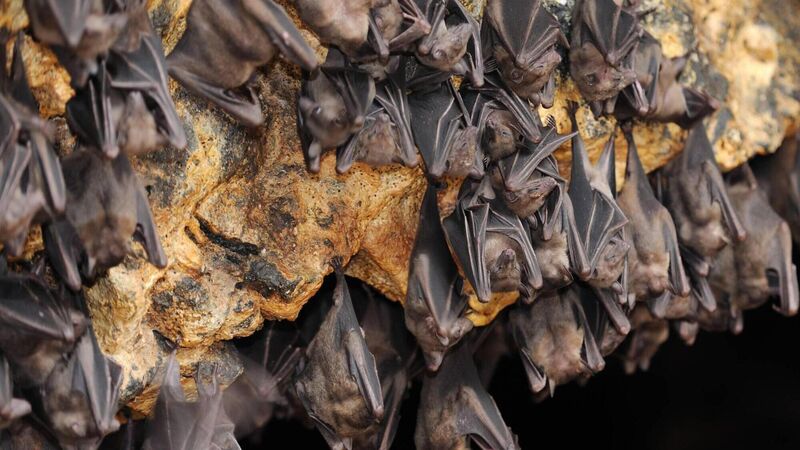Tackling biodiversity could be key to averting future global health pandemics

Researchers examined bats who were displaced from their winter habitats through climate changes, and found that disruptions to their food supply drew them into urban areas. Picture: iStock
Tackling the biodiversity crisis through restoring natural habitats could make the difference in future health pandemics being averted.
That is the conclusion of American and Australian scientists, who studied bats over 25 years and their interaction with other species such as horses and humans.
CLIMATE & SUSTAINABILITY HUB













